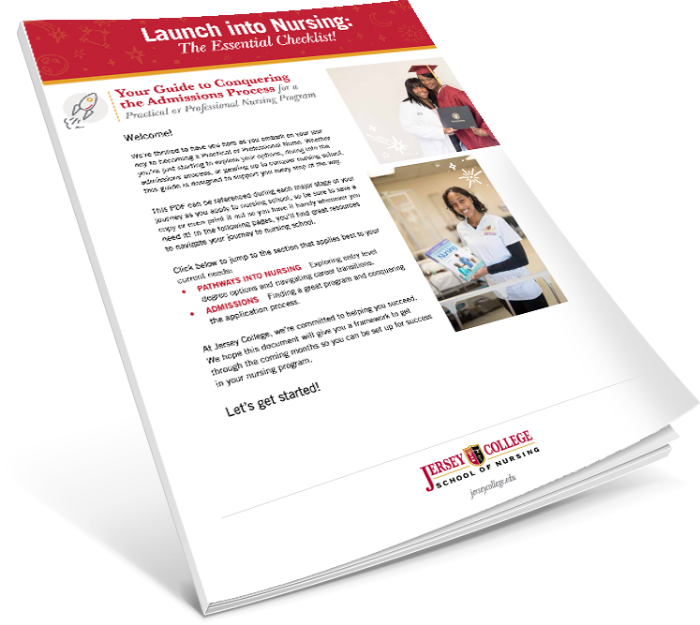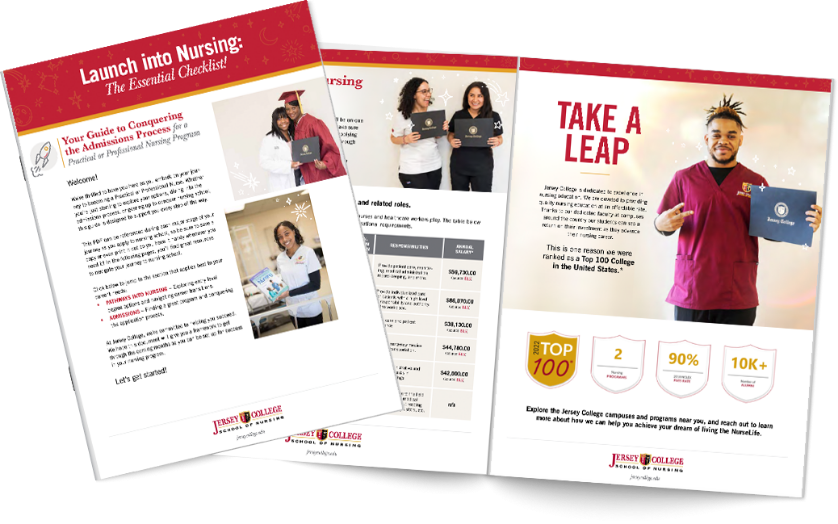
Historical Trends of Men in Nursing
Men have played important roles in caregiving throughout history, long before nursing became a formalized profession. Men were nurses in ancient civilizations, caring for the sick and injured during times of war and plague. However, during the 19th and 20th centuries, nursing transitioned to being predominantly female due to prevailing societal norms and professional developments.
This shift was influenced by factors such as the Victorian era's emphasis on women as natural caregivers and Florence Nightingale's efforts to establish nursing as a respectable profession for women. Despite these changes, male nurses have continued to contribute to the field.
Current Male Representation in Nursing
The representation of male nurses in the United States has seen a gradual increase over the past two decades, though men remain underrepresented in the nursing profession:
· 12.6% of registered nurses (RNs) were male as of 2023 according to the U.S. Bureau of Labor Statistics (BLS).
· This is a significant increase from 7% in 2008. This upward trend reflects growing opportunities and changing perceptions of nursing as a career for men.
Addressing the Underrepresentation of Men in Nursing
Creating opportunities for men in nursing requires a thoughtful approach that focuses on challenging traditional perceptions of the profession. These efforts aim to increase diversity without suggesting that any gender has inherent advantages in nursing.
Targeted outreach programs, mentorship opportunities, and scholarships have become important tools for supporting men interested in nursing careers. Organizations like the American Association for Men in Nursing (AAMN) work to highlight the diverse opportunities within nursing and provide resources for aspiring male nurses. These initiatives help students understand the various career paths available and provide support throughout their educational journey.
By developing more inclusive pathways and support systems, the nursing profession continues to evolve, welcoming individuals who are passionate about patient care and healthcare regardless of gender.

FREE Essential Guide to Nursing School: Get Accepted, Survive, and Thrive!
Educational Pathways for Aspiring Nurses
There are multiple educational routes to becoming a nurse. Two of the most common entry-level options include:
· Associate Degree in Nursing (ADN) – ADN programs typically take 2-3 years and prepare students to take the NCLEX-RN exam.
· Licensed Practical Nursing (LPN) diploma – LPN programs can be completed in about 12-18 months, preparing students to take the NCLEX-PN exam.
After obtaining licensure, nurses can pursue advanced degrees like the Bachelor of Science in Nursing (BSN), Master of Science in Nursing (MSN), or Doctor of Nursing Practice (DNP) to specialize in areas such as nurse education, executive roles, or advanced practice nursing. Continuing education and professional development remain crucial for career growth and specialization in the nursing field.
To support underrepresented groups, including men, in pursuing nursing education, various organizations offer targeted resources:
· The American Association for Men in Nursing (AAMN) provides scholarships and mentorship programs for male nursing students.
· The National Black Nurses Association offers multiple scholarships for students at all levels of nursing education.
- Demand for Nurses Across the Healthcare Field
The nursing profession continues to experience strong demand, driven by an aging population and expanding healthcare needs. According to the Bureau of Labor Statistics (BLS), employment of registered nurses is projected to grow 6 percent from 2023 to 2033, faster than the average for all occupations. This translates to about 194,500 openings for registered nurses each year over the decade.
The demand for advanced practice nurses is even more pronounced, with employment of nurse anesthetists, nurse midwives, and nurse practitioners projected to grow 40 percent in the same period. This growth applies equally across genders, offering numerous opportunities for all individuals interested in the nursing profession.
Overall, the healthcare field is expected to be a major driver of job growth, adding about 1.6 million jobs from 2023 to 2033.
This data underscores the significant role nursing will play in the future job market and the continued opportunities available in various healthcare settings, from hospitals to homehealth care and specialized clinics.
- Career Growth Opportunities in Nursing
Nursing offers diverse career advancement pathways, including advanced practice roles like nurse practitioners, clinical nurse specialists, and leadership positions from unit management to executive leadership. Continuing education, specialized certifications, and ongoing professional development are critical for career progression.
Nurses can specialize in a variety of clinical areas, with advanced degrees like BSN, MSN, and DNP opening doors to expanded roles. Certifications in specific fields such as critical care or oncology further enhance professional opportunities, allowing nurses to create dynamic and fulfilling career trajectories in an evolving healthcare landscape.
The key to successful career advancement lies in proactively seeking opportunities for learning and growth. By staying current with healthcare innovations, pursuing additional training, and demonstrating clinical excellence, nurses can continuously expand their professional capabilities and impact in the healthcare system.

Sign up to get new articles in your inbox and stay updated on our nursing programs.
Is Nursing Right For You?
Nursing offers a rewarding career with stability, growth opportunities, and the chance to make a meaningful difference in people's lives.
If you have a passion for helping others, thrive in dynamic environments, and possess strong communication and problem-solving skills, nursing could be an excellent fit. The field provides diverse specialties to match various interests, from pediatrics to public health, allowing for continuous learning and professional development.
Explore our nursing programs today and start your journey toward becoming a nurse. With flexible enrollment options, comprehensive support services, and personalized admissions guidance, taking the first step has never been easier. Our dedicated admissions team is ready to help you navigate the application process and answer any questions you may have about starting your nursing career.
Find Your Campus
Based on the success of our programs, we have grown to serve communities in 7 states (and counting!). Find a campus near you to start your NurseLife.

FREE Essential Guide to Nursing School: Get Accepted, Survive, and Thrive!
